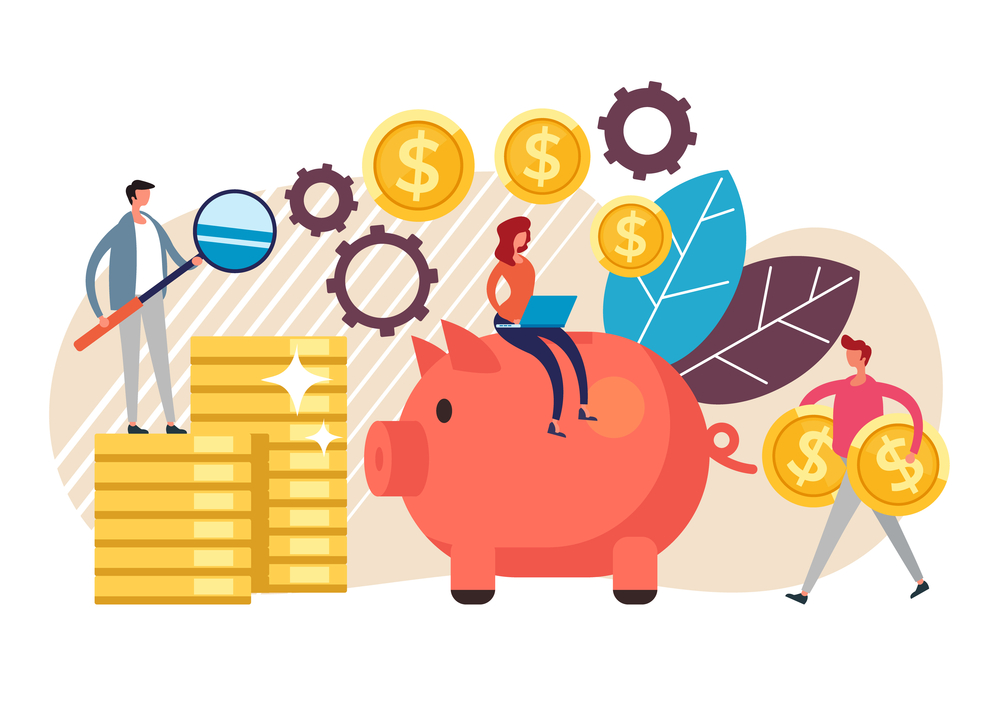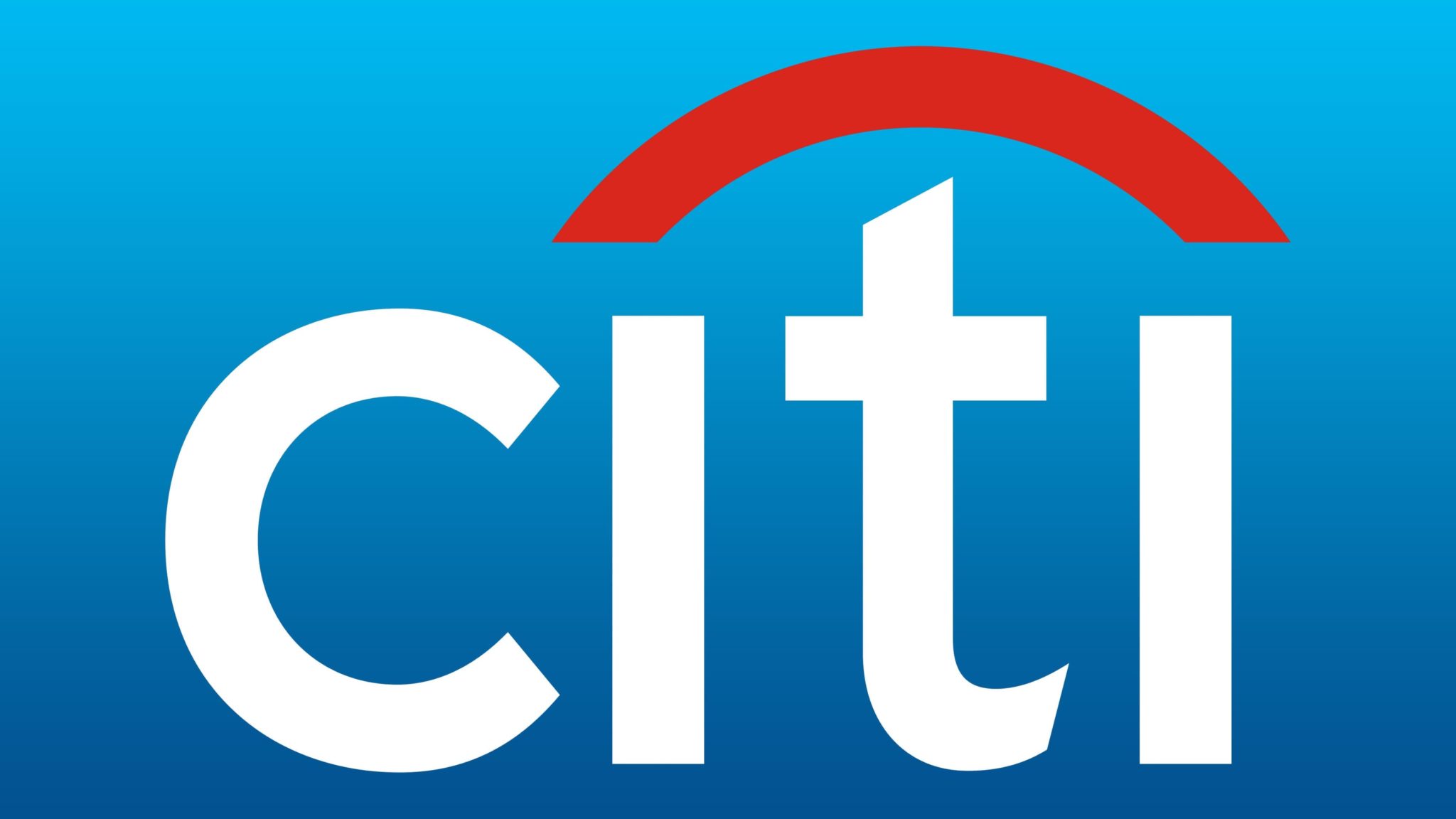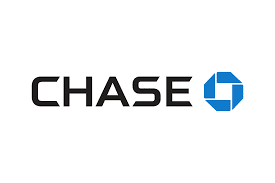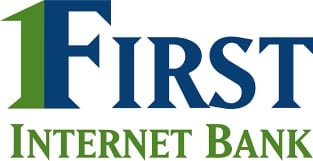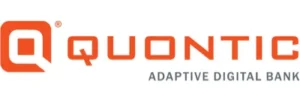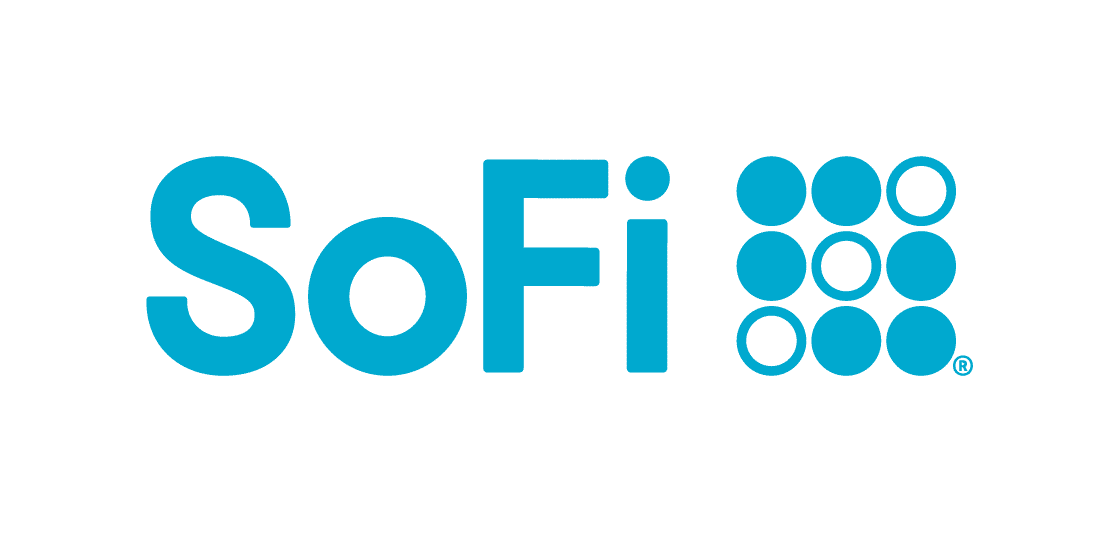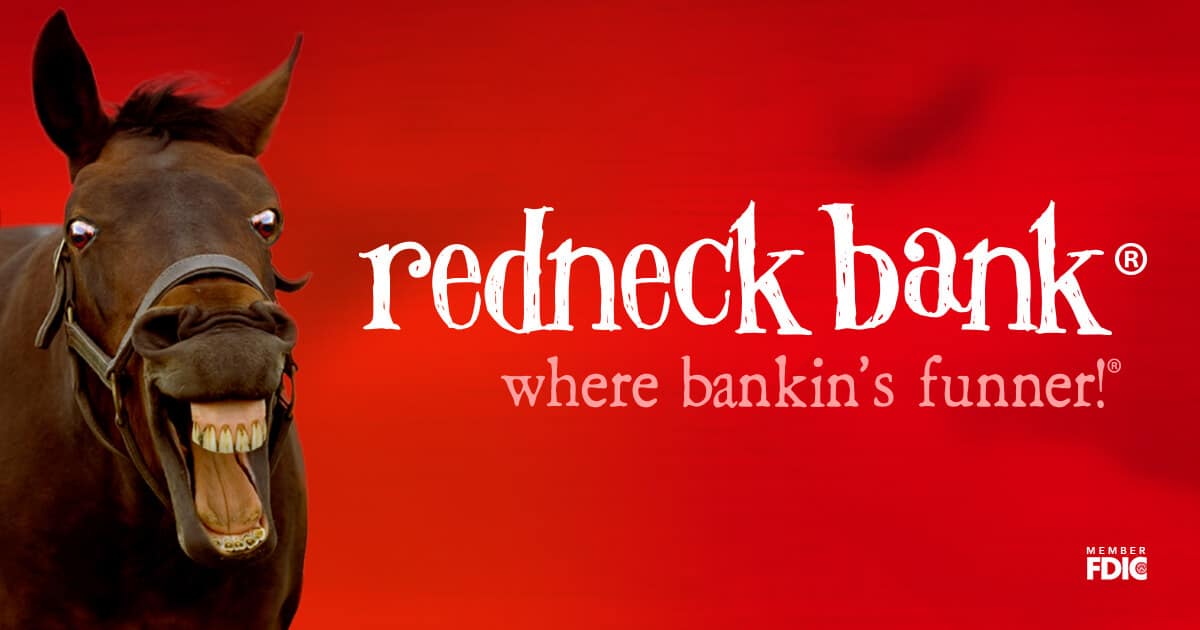Editorial Note: We earn a commission from partner links on Doughroller. Commissions do not affect our authors’ or editors’ opinions or evaluations. Learn more here.
With the revolt against bank fees in the news, I thought it was a good time to highlight some free checking account options. The great thing about online banks is that not only are their checking accounts free, but many of them even pay interest or offer solid perks and rewards.
For those that pay interest, online banks can generally beat traditional financial institutions big or small with higher rates because of lower costs. Online banks don’t need to maintain an expensive network of branches, and they can pass those savings on to consumers in the form of higher interest rates and lower fees.
To give you an idea of what’s available, I’ve put together this list of free and low-cost online checking accounts. I’ll be adding to the list as interesting offers become available. What I like about these options, however, is the diversity of what is offered.
Note that all of the online checking accounts listed below are FDIC-insured up to $250,000 per depositor / per account.
| Checking Account Name | Best Feature |
| Wealthfront Cash Account | 5.00% APY |
| BMO Smart Advantage Checking | $250 Bonus |
| TD Beyond Checking | $300 Bonus |
| Betterment Checking | 5.50% APY (First 3 months) |
| Chase Total Checking | $300 Bonus |
| Discover® Cashback Debit | 60,000 Free ATMs |
| Fifth Third Momentum Checking | Cash Advances |
| mph.Bank Free Checking | Round Up Savings |
| Upgrade Rewards Checking Plus | Cash Back Rewards |
| Chime Checking Account | App Features |
| Capital One MONEY Teen Checking | Parental Controls |
Best Free Checking Accounts
1. Wealthfront Cash Account
The Wealthfront Cash Account is an online checking account that offers a robust 5.00% APY on all balances. There are zero account fees to worry about and you can make unlimited transfers and withdrawals. Account owners that set up direct deposit will get paid up to 2 days faster than at traditional banks.
Wealthfront also offers up to $5MM in FDIC insurance through partner banks and charges just $10 for any wire transfers out of the account. You’ll receive a Wealthfront Cash Account debit card after approval and ATM withdrawals at more than 19,000 locations are free of charge (out-of-network ATMs will incur a fee).
And if you’re interested in investing, Wealthfront is best known for their robo advisor which offers a $50 bonus after you fund your account and a very low management fee.
2. BMO Smart Advantage Checking

Largely known for its presence in the mid-west, BMO Harris has a suite of online checking products that are quite attractive. Their best is the BMO Smart Advantage Checking account which offers a $250 bonus after you’ve made $4,000 in direct deposits within the first 90 days.
There is no minimum balance to open an account and there are no monthly maintenance fees. ATM withdrawals are free when you’re in network ($3 when you’re out of network) and while there’s a $15 overdraft charge, overdraft protection is available at no additional cost.
The BMO Smart Advantage Checking account is one of three accounts the brand offers; the other two are equally appealing:
- BMO Smart Money Checking – Same $250 bonus w/ same direct deposit terms but no overdraft fees. There is a monthly maintenance fee if you’re over the age of 25.
- BMO Relationship Checking – $400 cash bonus when you make more than $7,500 in direct deposits within the first 90 days. They offer Silver, Gold, Platinum, and Premier accounts with different perks and different fee structures.
The BMO bonuses expire 05/03/2024.
3. TD Bank Beyond Checking
TD Bank is the first of the old-school brick-and-mortar banks to make our best free checking accounts list. The TD Bank Beyond Checking account currently offers a $300 bonus after setting up $2,500 worth of qualifying direct deposits within the first 60 days of account opening. The bonus expires 04/30/2024.
There is a rather unpleasant monthly maintenance fee of $25 that can be waived if one of the three following conditions are met:
- $5,000 or more in monthly direct deposits
- $2,500 average daily balance
- $25,000 or more combined in all eligible TD accounts.
ATM fees are waived for all TD Bank Beyond Checking accountholders and overdraft fees are automatically refunded up to two times a year. Owning this account will also allow you to waive monthly maintenance fees on any linked TD personal savings account.
4. Betterment Cash Reserve
Wait – what? Betterment is a robo-advisor, right? Yep. They are. But they’re not JUST a robo-advisor. Betterment can serve all of your financial needs with the Betterment Cash Reserve account which currently offers a 5.50% APY. The regular rate is 5.00% APY but as a bonus, all new customers will earn a 0.50% APY boost for the first three months bringing the APY to 5.50%.
Betterment Cash Reserve is a mobile-first checking account that gives you a sleek, blue debit card with tap-to-pay capability (meaning, it’s contactless wherever merchants accept that payment form). Also, the account is FDIC-insured for up to $2MM and there are no fees. Betterment reimburses ATM fees and foreign transaction fees, and there’s no account minimum and you’ll never pay an overdraft fee.
Plus, the mobile app is really nice — it’s clean and easy to use, and you can easily deposit paper checks by snapping a picture, too. While it may be unconventional for your broker to give you a checking account, this one hits the mark on a lot of fronts and we highly recommend it.
5. Chase Total Checking®
Chase Total Checking® offers new account holders a $300 bonus. To receive the $300 checking bonus you need to open a new account and set up a direct deposit within 90 days.
There is a $12 monthly service fee associated with the account, but the fee can easily be waived if you meet one of the three following criteria:
- Make direct deposits of $500 or more each month.
- Maintaining a daily balance of $1,500 or more.
- Keep a balance of $5,000 or more when you link other qualifying Chase balances (like other checking or savings products).
Chase is one of just two brick-and-mortar brands that made our list of best free checking accounts which means you’ll have access to your cash and in-person support almost anywhere in the county. The $300 upfront bonus w/ simple qualifying activities makes it a strong choice. The bonus expires 07/24/2024.
Read our Chase Total Checking® Review
6. Discover Cashback Debit Account
The Discover® Cashback Debit Account is different from anything we’ve seen from the company in the past. Known as Cashback Debit, Discover provides you with a debit card that lets you earn 1% cashback for your spending. It works in the same way as a credit card, with the only difference being that purchases are deducted from your checking account.
With no balance requirements or monthly fees, there’s no stress associated with a Discover Cashback Debit bank account. Say goodbye to ATM fees (free withdrawals at more than 60,000 ATMs), insufficient funds fees, and online bill pay fees among others.
The amount of cashback you can earn is capped at $30 per month / $360 per year.
Read our Discover Cashback Debit Account Review
7. Fifth Third Momentum Checking

Fifth Third Momentum Checking offers new customers a $325 bonus after making $200 in direct deposits within the first 90 days of account opening. The bonus expires 06/30/2024. Fifth Third allows fee-free ATM withdrawals at more than 40,000 ATMs nationwide and charges no monthly service fee.
Fifth Third offers a service called “Extra Time” that allows you to cover any overdraft before a fee is assessed to the account and they also allow you a cash advance on your next direct deposit using “MyAdvance”. There is no minimum balance to open an account and the Fifth Third Momentum Checking account offers unlimited check writing and receipt of your direct deposit up to 2 days faster.
8. mph.Bank Free Checking
With an mph.Bank Free Checking account, you’ll have access to a contactless debit card that has access to more than 55,000 AllPoint ATMs, fee-free. This account does not charge a monthly fee, overdraft fee, non-sufficient funds fee, or really any kind of fee.
mph.Bank Free Checking has a 1.00% APY and requires a $500 direct deposit each month. The app offers a personalized dashboard that can quickly show you how to set up round-ups to start saving and how to make P2P payments using Zelle. When you set up your direct deposit, you’ll be paid up to 2 days early.
9. Upgrade Rewards Checking Plus
Upgrade Rewards Checking Plus is one of a few dozen financial products Upgrade offers and it has a pretty strong set of perks and features. Active accounts will earn 2% cash back on common everyday expenses when $1,000 in direct deposits hits the account every month and 1% cash back is earned on all other purchases.
The account comes with no monthly fees and no overdraft fees and you’ll be reimbursed for ATM fees so long as the account is active. Like a few other accounts on our list, customers who set up direct deposit can get paid up to two days early.
Upgrade also offers personal loans, credit cards, and a savings account with a particularly juicy APY of 5.21% (balances of $1,000 or more). All of these products are connected through the Upgrade app which offers contactless payments for in-store purchases.
10. Chime Checking Account
The Chime Checking Account is not your ordinary online checking account. Through its award-winning financial app and debit card, it provides a broad range of services including a Spending Account, a Credit Builder Account, and a Savings Account.
When you receive your Chime Visa® Debit Card, purchases you make with the card can be rounded up using their “Round Up” feature and the money will go right into your savings. And right now, Chime is paying a 2.00% APY on its savings product.
The Chime Checking Account has no monthly account minimums and no maintenance fees. There are no membership fees and no ATM fees so long as the ATM is in-network. Out-of-network ATMs will be assessed a fee.
- There is no minimum deposit to open an account.
- No overdraft fees and get paid up to 2 days early with direct deposit.
- Physical checks are OK. In fact, Chime has something called the “Chime Checkbook” where they will mail a physical check to whomever you desire, free of charge.
11. Capital One MONEY Teen Checking
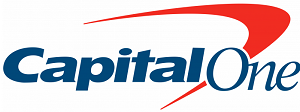
The Capital One TEEN Money Checking Account is perfect to get your kids prepared for financial independence. Parents can control spending limits, deposit funds (like allowances), and track activity while teens will have the freedom to use their funds anywhere.
There are no monthly maintenance fees and every account will receive a debit card. Parents do not need to have their own Capital One account to deposit money as external accounts can be set up. Teens can even gain experience writing checks. And if you want to get a head start, the age minimum for signing up is just eight years old.
After your teen has a firm grasp on spending, Capital One has a wide variety of credit cards and deposit accounts available to earn rewards and high APYs.
Complete List of Checking Accounts
Expires: 07/08/2024
Requirements: Open a Citi Priority Checking Account from 1/10/24 through 07/08/2024 and earn a cash bonus of $500, $1,500 or $2,500 when you complete required activities. To unlock your bonus, deposit qualifying funds within 20 days of account opening and maintain your balance for an additional 60 days starting at the 21st day. Only new checking customers can take advantage of this offer.
Bonus Tiers
- $500: Minimum Deposit of $30,000
- $1,500: Minimum Deposit of $200,000
- $2,500: Minimum Deposit of $300,000
How to Waive Monthly Fee: $30 or $0 when you maintain a combined average monthly balance of $30,000+ in eligible linked deposit, retirement and investment accounts.
Expires: 05/31/2024
Requirements: To enroll in this offer, open a new Bank of America personal checking account through this offer page by 05/31/2024. Set up and receive Qualifying Direct Deposits totaling $2,000 or more into that account within 90 days of account opening. This offer is limited to new Bank of America personal checking account customers only. Use offer code TWT200CIS when opening your new account to enroll in this offer.
How to Waive Monthly Fee: You can avoid the Monthly Maintenance Fee if you maintain a minimum daily balance of $20,000 or more in your Advantage Relationship Banking account during each statement cycle.
Expires: 04/30/2024
Requirements: To qualify for the reward, the new Virtual Wallet product must be opened online via the application links on this page from 09/01/2023 through 04/30/2024, and a qualifying Direct deposit(s) must be received within the first 60 days. Your Virtual Wallet product must remain open in order for you to receive the reward, which will be credited to the eligible account within 60–90 days after all conditions have been met and will be identified as Credits Check Reward on your monthly statement.
How to Waive Monthly Fee: $0 monthly fee with $5,000+ in direct deposits to your Spend or a combined balance between checking accounts.
Expires: 04/30/2024
Requirements: To receive the $300 Checking bonus, you must: 1) Open a new TD Beyond Checking account; AND 2) Have your direct deposits totaling $2,500 or more made into this account within 60 calendar days of the account opening date.
How to Waive Monthly Fee:
- Set up direct deposits of $5,000 or more within a statement cycle, or
- Maintain a $2,500 minimum daily balance, or
- Have a $25,000 combined balance across eligible TD accounts.
Expires: 06/07/2024
Requirements: Earn $600 when you make minimum deposits of $25,000 into the new Platinum Perks checking account within 90 days of coupon enrollment and keep account open for 90 days.
How to Waive Monthly Fee: No monthly maintenance fee with $25,000 in total relationship balances, otherwise $25 a month.
Expires: 05/03/2024
Requirements: Get a $400 cash bonus when you have a total of at least $7,500 in qualifying direct deposits within the first 90 days.
How to Waive Monthly Fee: Waive the $25 monthly maintenance fee if you meet any of the following requirements:
- The minimum daily Ledger Balance in your account is $10,000 or more for the previous calendar month.
- You have a Monthly Combined Balance of $25,000 for the previous calendar month.
- You’re a client of our employee benefits program, Best of BMO U.S., and have requested the waiver from your BMO Banker.
Expires: 04/30/2024
Requirements: To qualify for the reward, the new Virtual Wallet product must be opened online via the application links on this page from 09/01/2023 through 04/30/2024, and a qualifying Direct deposit(s) must be received within the first 60 days. Your Virtual Wallet product must remain open in order for you to receive the reward, which will be credited to the eligible account within 60–90 days after all conditions have been met and will be identified as Credits Check Reward on your monthly statement.
How to Waive Monthly Fee: $0 monthly fee with $2,000+ in direct deposits to your Spend or a combined balance between checking accounts.
Expires: 04/30/2024
Requirements: To receive the $200 Checking bonus, you must: 1) Open a new TD Complete Checking account; AND 2) Have your direct deposits totaling $500 or more made into this account within 60 calendar days of the account opening date.
How to Waive Monthly Fee:
1. Have $500 or more in direct deposits within a statement cycle, OR
2. Maintain a minimum daily balance of $500, OR
3. Have a $5,000 minimum daily combined balance across eligible TD accounts that you choose to link
Expires: 05/31/2024
Requirements: To enroll in this offer, open a new Bank of America personal checking account through this offer page by 05/31/2024. Set up and receive Qualifying Direct Deposits totaling $2,000 or more into that account within 90 days of account opening. This offer is limited to new Bank of America personal checking account customers only. Use offer code TWT200CIS when opening your new account to enroll in this offer.
How to Waive Monthly Fee: No monthly maintenance fee for each statement cycle that you:
- Have at least one qualifying direct deposit of $250.
- Or, maintain a minimum daily balance of $1,500 or more.
- Preferred Rewards clients get this fee waived (waiver applies to first 4 checking accounts).
Expires: 06/26/2024
Requirements: As a new personal checking customer, open a new Truist One Checking account online from February 28, 2024 through June 26, 2024 using promo code TRUIST400AFL24. Receive at least one qualifying Direct Deposit of $500 or more AND complete at least 15 qualifying debit card purchases within 90 days of account opening. All debit purchases must be posted to your account to qualify.
How to Waive the Monthly Fee: There are five ways to waive the fee listed below.
- Making $500 or more in total qualifying Direct Deposits per statement cycle.
- Maintaining a total combined ledger balance of $500 or more in any Truist related accounts across personal deposits and all investments as reflected on the business day before your statement cycle end date.
- Having a personal Truist credit card, mortgage or consumer loan, excluding LightStream®.
- Having a linked Small Business Checking Account.
- Maintenance fees waived for students under the age of 25.
Expires: 07/24/2024
Requirements:
- Open a new Chase Total Checking account, which is subject to approval
- And have your direct deposit of $500 or more made to this account within 90 days of coupon enrollment. Your direct deposit needs to be an electronic deposit of your paycheck, pension or government benefits (such as Social Security) from your employer or the government.
How to Waive Monthly Fee: $12 Monthly Service Fee OR $0 with one of the following, each monthly statement period:
- Electronic deposits made into this account totaling $500 or more, such as payments from payroll providers or government benefit providers, by using (i) the ACH network, (ii) the Real Time Payment network, or (iii) third party services that facilitate payments to your debit card using the Visa® or Mastercard® network,
- OR a balance at the beginning of each day of $1,500 or more in this account,
- OR an average beginning day balance of $5,000 or more in any combination of this account and linked qualifying Chase checking, savings, and other balances
Expires: 06/25/2024
Requirements:
- Open a new Everyday Checking account with a minimum opening deposit of $25, by 06/25/2024. Or open a new eligible checking account at a Wells Fargo branch with a minimum opening deposit of $25 by 06/25/2024. You must provide the bonus offer code to the banker at the time of account opening.
- Receive a total of $1,000 or more in qualifying electronic deposits to your new checking account within 90 calendar days of account opening (the qualification period).
- Once the 90-day qualification period has elapsed, we will determine if you have met the offer requirements and will deposit any earned bonus into your new checking account within 30 days.
How to Waive Monthly Fee:
The monthly service fee can be avoided with one of the following each fee period:
- $500 minimum daily balance
- $500 or more in total qualifying direct deposits
- A linked Wells Fargo Campus ATM or Campus Debit Card
- Primary account owner is 17–24 years old.
Expires: 06/07/2024
Requirements: Earn $400 when you open a Perks Checking account and set up and receive a qualifying direct deposit within 90 days of coupon enrollment and keep account open for 90 days.
How to Waive Monthly Fee: No monthly maintenance fee with $1,000 in total monthly deposits, or $5,000 in total relationship balances, otherwise $10 a month.
Expires: 04/30/2024
Requirements: To qualify for the reward, the new Virtual Wallet product must be opened online via the application links on this page from 09/01/2023 through 04/30/2024, and a qualifying Direct deposit(s) must be received within the first 60 days. Your Virtual Wallet product must remain open in order for you to receive the reward, which will be credited to the eligible account within 60–90 days after all conditions have been met and will be identified as Credits Check Reward on your monthly statement.
How to Waive Monthly Fee: $0 monthly fee with $500 in direct deposits to your Spend or a combined balance between checking accounts.
Expires: 07/24/2024
To receive the bonus:
- Open a new Chase College CheckingSM account online or with your coupon at a local branch.
- Complete 10 qualifying transactions within 60 days of coupon enrollment.
How to Waive Monthly Fee: There is no Monthly Service Fee until after the student’s expected graduation date (up to five years). The Monthly Service Fee after the expected graduation date is $6 or $0 when you do at least one of the following each statement period:
- Have an electronic deposit made into this account, such as a payment from payroll providers or government benefit providers, by using (i) the ACH network, (ii) the Real Time Payment network, or (iii) third party services that facilitate payment to your debit card using the Visa® or Mastercard® network
- OR, Keep an average ending day balance of $5,000 or more in your checking account
Expires: 05/03/2024
Requirements: Get a $250 cash bonus when you have a total of at least $4,000 in qualifying direct deposits within the first 90 days.
How to Waive Monthly Fee: No monthly maintenance fee if you’re under 25 years old.
Expires: 07/24/2024
Requirements:
- Open a new Chase Secure BankingSM account online or enter your email address to get your coupon and bring it to a Chase branch to open an account. It’s a $4.95 Monthly Service Fee.
- Complete 10 qualifying transactions within 60 days of coupon enrollment. Qualifying transactions include debit card purchases, Zelle®, ACH credits, Chase Quick DepositSM or online bill payments. Your bonus will appear in your account within 15 days after completing the qualifying transactions.
Expires: 05/31/2024
Requirements: To enroll in this offer, open a new Bank of America personal checking account through this offer page by 05/31/2024. Set up and receive Qualifying Direct Deposits totaling $2,000 or more into that account within 90 days of account opening. This offer is limited to new Bank of America personal checking account customers only. Use offer code TWT200CIS when opening your new account to enroll in this offer.
How to Waive Monthly Fee: No monthly maintenance fee for:
- Students under age 25* enrolled in school or an educational or vocational program.
- An owner of this account under the age of 18.
- Preferred Rewards clients get this fee waived (waiver applies to first 4 checking accounts).
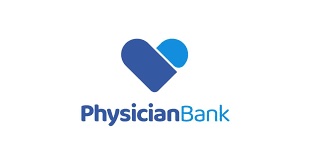
eCentive® checking
$4
2.02%
$100
-
Expires: 07/08/2024
Requirements: Open a new eligible checking account and enroll in the cash bonus offer the same day. Offer valid from 1/10/24 to 07/08/2024. Deposit New-to-Citibank Funds into your new checking account within 20 days of account opening. Maintain the required minimum balance in your eligible account for an additional 60 days from the 21st day.
Bonus Tiers:
- $500: Minimum Deposit of $30,000
- $1,500: Minimum Deposit of $200,000
- $2,000: Minimum Deposit of $300,000
Monthly Fees: None. But if you do not maintain a minimum combined average monthly balance of $200,000+ in eligible linked deposit, retirement and investment accounts, your Citigold Account Package will be converted to the Citi Priority Account Package and your accounts will be subject to the terms and conditions then in effect for that package.
Expires: 06/30/2024
Requirements: In order to qualify for eligibility for a bonus, SoFi must receive at least one Qualifying Direct Deposit from an Eligible Participant during the Promotion Period. Qualifying Direct Deposits are defined as deposits from an enrolled member’s employer, payroll, or benefits provider via ACH deposit. Deposits that are not from an employer (such as check deposits; P2P transfers such as from PayPal or Venmo, etc.; merchant transactions such as from PayPal, Stripe, Square, etc.; and bank ACH transfers not from employers) do not qualify for this promotion. The amount of the bonus, if any, is described below. No bonuses shall be paid for Qualifying Direct Deposits of less than $1,000 during the Evaluation Period.
Bonus Tiers:
| Total Qualifying Direct Deposit amount in 25-day Evaluation Period | Cash Bonus |
|---|---|
| $1,000 – $4,999 | $50 |
| $5,000 or more | $300 |
Expires: 05/03/2024
Requirements: Get a $250 cash bonus when you have a total of at least $4,000 in qualifying direct deposits within the first 90 days.
How to Waive Monthly Fee: There’s no monthly maintenance fee for the Smart Advantage account as long as you opt for paperless statements.
Expires: 06/30/2024
Requirements: Use promo code AXOS300 and apply by 06/30/2024, to earn up to a $300 bonus!
To earn up to a $300 bonus, you must be approved for your new Axos Bank Rewards Checking account, fund it within 30 days of account opening, and have qualifying direct deposits that total at least $5,000.00 each calendar month during the first seven (7) calendar months your account is open as well as maintain a minimum average daily balance of $7,000. The minimum balance must be achieved and maintained from September 2023 through March 2024. A cash bonus of up to $300 can be earned in the following manner during the first seven (7) statement cycles. A statement cycle is a calendar month consisting of the days your account was open during that month. A maximum of six (6) payouts of $50 for each calendar month that the Rewards Checking account is receiving the direct deposit and maintain a minimum average daily balance of $7,000 can be earned during the seven (7) statement cycles, and the bonus will be deposited into your Axos Bank Rewards Checking account within 10 business days following the end of the statement cycle in which the direct deposit requirement was met. Your Axos Bank Rewards Checking account must be open and in good standing at the time the bonus is paid to be eligible to receive the bonus, and your Axos Bank Rewards Checking account must remain open for 210 days, or an early closure fee of up to $300 may apply, equal to the amount of the total bonus earned up to $300.
Frequently Asked Questions (FAQ)
Will Opening a Checking Account Impact My Credit Score?
No. Checking accounts do not include unsecured lines of credit and your credit score should not be impacted if you apply. What can impact your credit score is if you overdraw the account and never reconcile the balance. The bank may close your account and report your negative balance which can impact your credit and your ability to open a checking or savings account in the future.
Are There Any Costs For Opening and Closing a Checking Account?
Whether you open a new checking account or close an old one, there should never be a fee. Banks make most of their money by using the money you deposit to loan to other customers and in the last few years, most accounts have gone to a fee-free model. Be careful to check your checking account fee disclosures when you open a new account so you are aware of what the bank is allowed to charge you for.
How Do I Find My Account Number and Routing Number
Your checking account number is located on any statement you receive from the bank (paper or digital) and your routing number can be found by asking the bank or doing a simple Google search for the name brand of your bank. Every bank has either a single routing number or one for each state … and it’s always nine digits long.
Finally, if a bonus is important to you, check out our list of the best bank bonuses.

